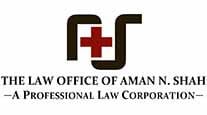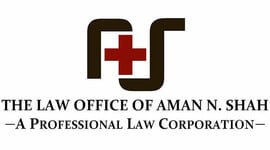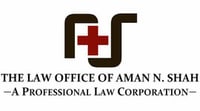While on the road, everything from wild animals to jaywalking pedestrians might appear and be an obstacle. Drivers might instinctively swerve, suddenly stop or speed up when they see one. However, maneuvering vehicles around obstacles can pose a danger if not done correctly.
Brake or swerve
Swerving can be the best way to avoid a road hazard, but is not without risk. It has been a factor in 1,148 fatal crashes.
If there is enough of a shoulder not made of loose gravel, swerving can be a good option. Swerving on loose gravel or sand can put you at risk of losing control of the vehicle and hitting another object. Moreover, swerving to the opposite lane could cause you to collide with an oncoming vehicle.
Sometimes, hitting the brakes is the smarter move. In some cases, braking lowers the chances of collision. If you have enough time and space to do so, brake and then swerve to avoid the hazard. Be careful to brake before your wheels lock if you don’t have antilock braking systems.
Practice defensive driving
Defensive driving means using various skills and techniques that can help you safely avoid potential hazards on the road. It involves being aware of your surroundings and preparing for the unexpected.
Focusing on the road could help you spot obstacles early on. This could give you more time to decide the next best course of action. Whether you choose to swerve or brake, defensive driving would give you a better chance of avoiding collisions.
What happens if you hit another car?
Sometimes, trying to avoid an accident can cause another. If you hit another vehicle while swerving or after braking, you could be at fault and liable for damages. However, the vehicle you hit could also be at fault if they did not keep a safe distance from you.
Nevertheless, you might have to make a snap decision when the hazard is right before you. Whatever you decide, the best choice is the one that reduces risk to you and others.
Determining fault in these situations can be very tricky. You may require the services of a lawyer to evaluate your case, determine if you are at fault, and help you claim damages if you are not. If you get into an accident, the Law Office of Aman N. Shah can provide assistance.



